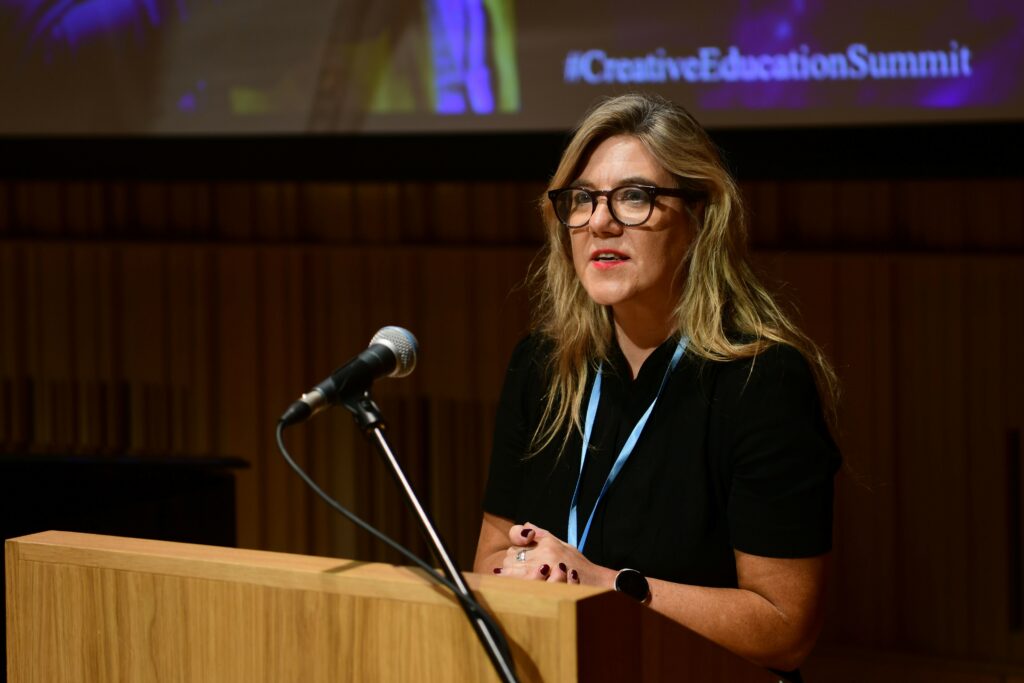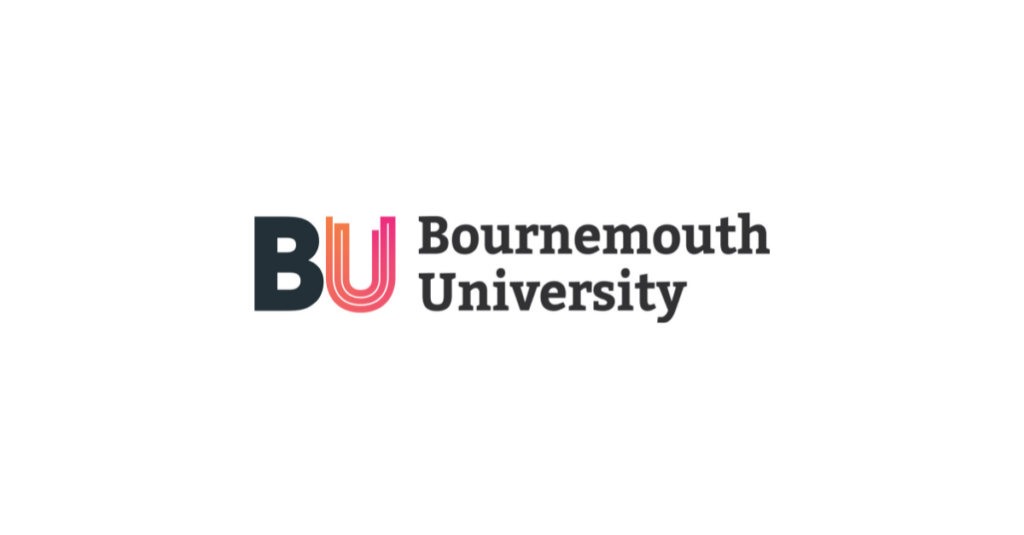Responding to the Post-16 Education and Skills white paper, University Alliance CEO Vanessa Wilson said:
“Having long called for a joined-up vision and strategy for the future of post-16 education and skills, we welcome the government’s white paper. It sets a helpful trajectory for further and higher education, with a much-needed focus on the value of high-level skills.
Whilst there are many policies in the paper which will empower universities and set them on a more sustainable financial footing, there are pinch points which risk giving with one hand and taking away with the other.
We have serious concerns about proposals like the costly international student levy, financial penalties based on perceived underperformance and potential unintended consequences from research funding reform on applied research and innovation.”
On Access and Participation
“The white paper rightly highlights the importance of improving access and participation, whilst recognising the significant restraints of inequalities in prior attainment, such as GCSEs. We hope to see a clear plan to address barriers to social justice and inclusion earlier in the system coming out of the Curriculum & Assessment Review.
As universities that care passionately about keeping the routes in and through higher education open to everyone, we welcome proposals that extend innovative and accessible pathways into higher education like the Lifelong Learning Entitlement and the reintroduction of targeted maintenance grants.
However, we are concerned that some of the policies outlined in the white paper could undermine access and participation, including freezing tuition fees for foundation year courses whilst undergraduate fees rise with inflation. The new V Levels also need closer scrutiny, as there is a clear risk that they will not fill the gap left by BTECs, leaving some students to fall through the cracks.
The reality of funding targeted maintenance grants through the introduction of an International Student Levy, which will mean reduced spending on places and support for domestic students when institutions either attract fewer international students as a result of charging higher fees or absorb the levy into their bottom line.
The government should work with the sector to find alternative and less counterintuitive ways to fund support for disadvantaged students.”
On Quality Assessment
“The quality and reputation of the higher education sector rightly needs to be protected. However, awarding more powers to the Office for Students comes with some red flags given its past performance – particularly when paired with proposals to penalise ‘underperforming’ universities through student number caps and frozen tuition fees leading ultimately to a differential fee system with disastrous consequences intended and unintended.
It is vital that any reforms to the OfS quality regime truly recognise and incentivise teaching excellence and innovation and do not disproportionately penalise institutions with higher numbers of disadvantaged or nontraditional students.”
On Funding
“We welcome the step to address the decade long devaluation of income for universities and diminishing levels of support for students through inflationary uplifts in tuition fees and maintenance loans, as well as the commitment to engage more deeply on the challenges posed by the spiralling cost of the Teachers’ Pension Scheme.”
On Research
“There are promising nods to research and innovation priorities that a diverse range of universities contribute to as centres of excellence – applied research that delivers on national priorities, missions and the Industrial Strategy; a diverse postgraduate research pipeline; and targeted innovation activity and support for SMEs that supports economic growth.
As the government zeros in on policies on specialisation and cost recovery, we will be paying close attention to mitigating unintended consequences and ensuring that decision-makers continue to remain openminded to where excellent research and researchers can be found.”




